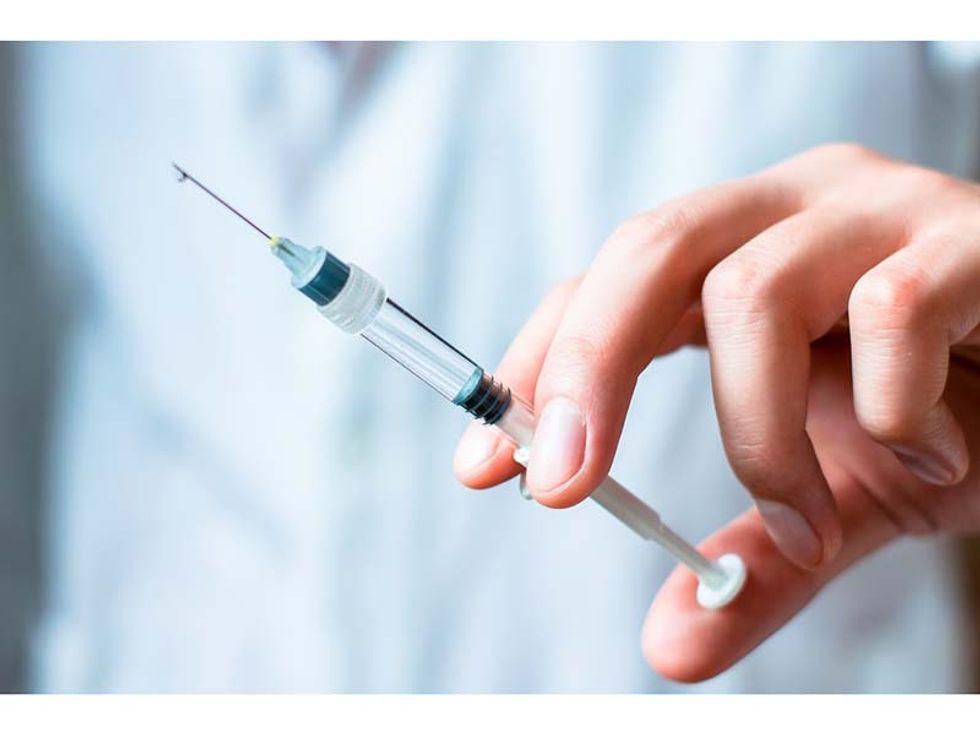
New data out of South Africa finds that a booster dose of Johnson & Johnson’s COVID-19 vaccine appears to provide strong protection against severe disease caused by the fast-spreading Omicron variant.
The study, which was published online and has not yet undergone peer review, was conducted in a group of more than 69,000 South African health care workers. All of them got their boosters six to nine months after having already received one dose of the J & J vaccine.
The boosted health workers’ outcomes were compared to a similar number of unvaccinated South Africans.
The study found that people who’d gotten the J & J booster shot were 85% less likely to require hospitalization due to an infection from Omicron, compared to unvaccinated people.
That compares well to other data from South Africa showing that a booster shot of the two-dose Pfizer vaccine cut the risk of hospitalization by 70%.
The new data flies in the face of recent recommendations from the U.S. Centers for Disease Control and Prevention. The CDC is still authorizing use of the J & J vaccine, but is recommending that other vaccines, such as the Pfizer or Moderna shots, be preferred as boosters. The agency based its recommendation on a raised risk of very rare but potentially life-threatening blood clots tied to use of the J & J vaccine.
In a separate U.S. arm of a trial that wrapped up in September — when the Delta variant was still dominating — Johnson & Johnson found that giving people a second dose of the vaccine two months after they’d received their first caused protection from COVID-linked hospitalization to rise from 74% before the booster to 94% after. Similar results have been seen in trials across 10 countries.
While the large majority of vaccinated Americans have received either the Pfizer or Moderna mRNA vaccines, populations in Africa and elsewhere have often relied on the one-dose Johnson & Johnson shot. So, the new findings could be a real boon to people in developing nations, experts believe.
The new South African findings on J & J boosters come as somewhat of a surprise, since laboratory experiments found the shots had little effectiveness against the highly mutated Omicron variant. However, experts believe the booster might raise levels of antibodies to robust levels, or may work on other players in the human immune system to help fight off the variant.
More information:
There’s more on the Omicron variant of the new coronavirus at the CDC.
SOURCES: medRxiv, online publication, Dec. 29, 2021
Source: HealthDay

Leave a Reply